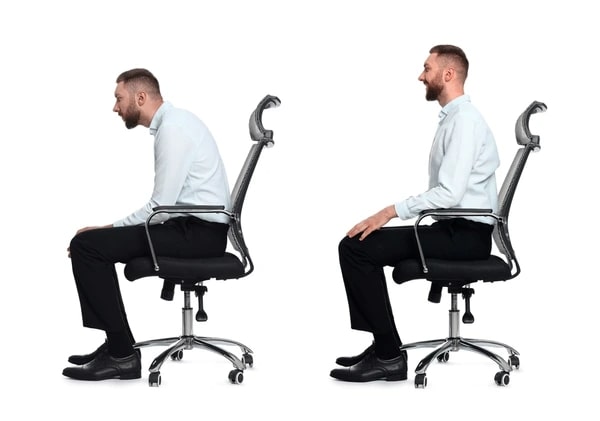Introduction:
Spinal cord injuries (SCIs) are devastating conditions that can have a profound impact on an individual’s life. The spinal cord, a vital component of the central nervous system, plays a crucial role in transmitting signals between the brain and the rest of the body.
When injuries occur, it disrupts this communication, leading to a range of neurological impairments.
In this blog, we will delve into the intricate connection between spinal cord injuries and neurological function, exploring how these injuries can affect both the spinal cord and the brain.
Dr. Vignesh Pushparaj, a renowned specialist in spinal cord injuries, shares valuable insights into this complex field.

What are Spinal Cord Injuries?
Spinal cord injuries occur when trauma or damage to the spinal cord interrupts the normal flow of nerve signals. Common causes of SCIs include accidents, falls, and sports-related incidents.
The severity of these injuries can vary, but they often result in loss of sensation and function below the injury site.
The Brain-Spinal Cord Axis: A Delicate Connection
The brain and spinal cord are interconnected and form the central nervous system, which governs all bodily functions.
This axis is responsible for transmitting sensory information from the body to the brain and relaying motor commands from the brain to the muscles. When the spinal cord is injured, it disrupts this crucial line of communication.
Impact of Spinal Cord Injuries on Neurological Function
The consequences of spinal cord injuries on neurological function can be profound.
Common impairments include:
- Paralysis: Depending on the level and extent of the injury, individuals may experience partial or complete paralysis of their limbs, resulting in mobility challenges.
- Sensory Loss: Spinal cord injuries can lead to a loss of sensation, making it difficult for individuals to perceive temperature, touch, or pain below the injury site.
- Autonomic Dysfunctions: The autonomic nervous system, responsible for involuntary bodily functions like bowel and bladder control, blood pressure, and temperature regulation, may also be affected.
- Neuropathic Pain: Individuals with SCIs may experience chronic neuropathic pain, which is often challenging to manage and can significantly impact their quality of life.
Can Spinal Cord Injuries Affect the Brain?
The brain-spinal cord connection is bidirectional, meaning that the brain can influence spinal cord function, and vice versa. Moreover, spinal cord injuries can trigger a phenomenon known as retrograde degeneration, causing changes in the brain due to the injury.
These brain changes can lead to cognitive and emotional effects, such as difficulty with memory, concentration, and mood disturbances.
Emphasizing Rehabilitation for Neurological Recovery
While spinal cord injuries pose significant challenges, the brain exhibits remarkable neuroplasticity. Dr. Vignesh Pushparaj emphasizes the importance of rehabilitation in maximizing neurological recovery.
Through targeted therapies and exercises, the brain can adapt and reorganize to compensate for the injury, potentially regaining lost functions.
Medical Interventions for Spinal Cord Injuries
In the event of a spinal cord injury, immediate medical intervention is essential. Emergency management and stabilization are the first steps, followed by a comprehensive assessment by specialists like
Dr. Vignesh Pushparaj. Surgical options may be considered to address the injury and stabilize the spine. For individuals seeking the best spine surgeon in Bangalore or exploring spinal cord surgery options in Manipur, Dr. Vignesh Pushparaj’s expertise is highly regarded.
Collaborative Approach: Dr. Vignesh Pushparaj, the Best Spinal Cord Injury Doctor in Chennai
Effective management of spinal cord injuries requires a collaborative approach involving a multidisciplinary medical team.
Dr. Vignesh Pushparaj, a renowned specialist in spinal cord injuries, plays a pivotal role in this team, offering comprehensive care and advanced treatment options for patients in Chennai and beyond.
Research and Advancements
Ongoing research and advancements in the field of spinal cord injuries bring hope for the future.
Dr. Vignesh Pushparaj stays at the forefront of these developments, exploring innovative treatments, neuroprosthetics, and assistive technologies to improve the lives of those affected by SCIs.
Conclusion:
Spinal cord injuries profoundly impact neurological function and can lead to a range of impairments affecting mobility, sensation, and bodily functions.
Dr. Vignesh Pushparaj expertise and comprehensive approach to managing spinal cord injuries offer hope for patients seeking the best care in Chennai. As research and medical advancements continue, there is optimism for better outcomes and improved quality of life for individuals living with spinal cord injuries.






0 Comments